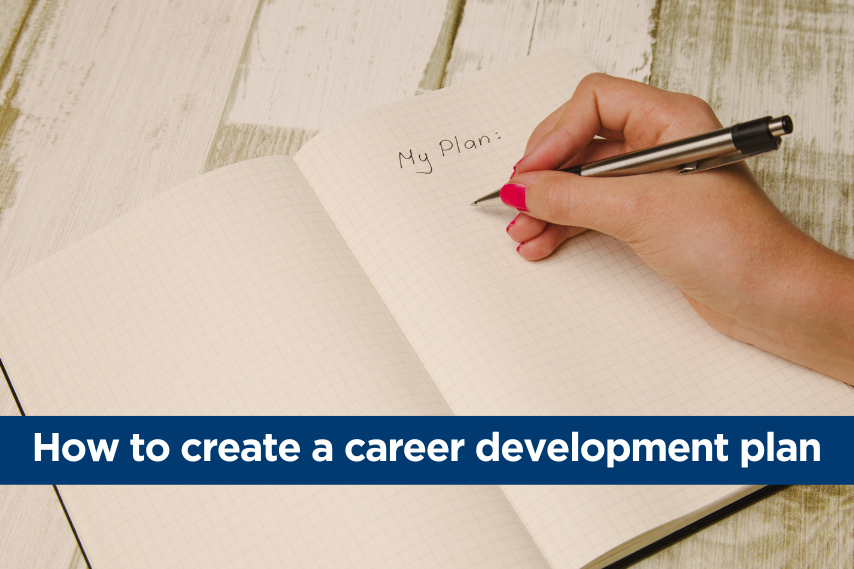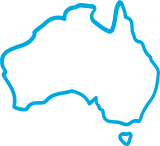
A career development plan is a powerful tool for anyone entering the workforce or already working. It acts as a roadmap, helping you identify where you are now, where you want to go, and the steps to get there. Whether you’re starting out or looking to achieve new goals, a career development plan can keep you focused and motivated.
Here are five key steps to creating an effective plan:
1. Pinpoint Where You Are Now
Start by assessing your current position:
- Review your skills, experience and qualifications.
- Identify your strengths and what motivates you.
- Consider what matters most in a job: flexibility, culture, travel, or professional development.
Understanding your starting point will help shape realistic goals.
2. Determine Where You Want to Be
Think about your future career aspirations:
- Research roles and industries that interest you.
- Explore career quizzes and resources to discover options.
- Talk to people in roles you admire and seek advice.
- Visualise where you’d like to be in two, five or ten years.
3. Develop Your Strategy
Once you know your destination, map out how to get there:
- Identify training or qualifications you need.
- Look for opportunities to gain experience.
- Build soft skills like communication and leadership.
- Expand your network through professional associations or LinkedIn.
- Update your CV and online profiles.
Break your strategy into short-term and long-term steps.
4. Make Your Goals SMART
Ensure each goal is:
- Specific
- Measurable
- Achievable
- Realistic
- Time-bound
SMART goals keep your plan clear and actionable.
5. Review Your Plan Regularly
Life changes, and so should your plan. Review it every 6–12 months to:
- Track progress.
- Adjust goals as priorities shift.
- Add new opportunities or remove outdated objectives.
A career development plan helps you stay focused, flexible and ready for change. By setting clear goals and reviewing them regularly, you’ll be better equipped to achieve the career you want.
You may also like

How to manage your nerves in a job interview
Let’s face it, job interviews can be nerve-racking. […]

Getting Career Ready for 2026
If you’re thinking about putting your job search […]
 Skillset would like to acknowledge and pay respect to the traditional custodians of the lands on which we work.
Skillset would like to acknowledge and pay respect to the traditional custodians of the lands on which we work.We are honoured to be on the ancestral lands of those whose cultures are among the oldest living cultures in human history. We pay respect to the Elders, past, present and to the younger generation of the community who will be the future leaders in years to come.

